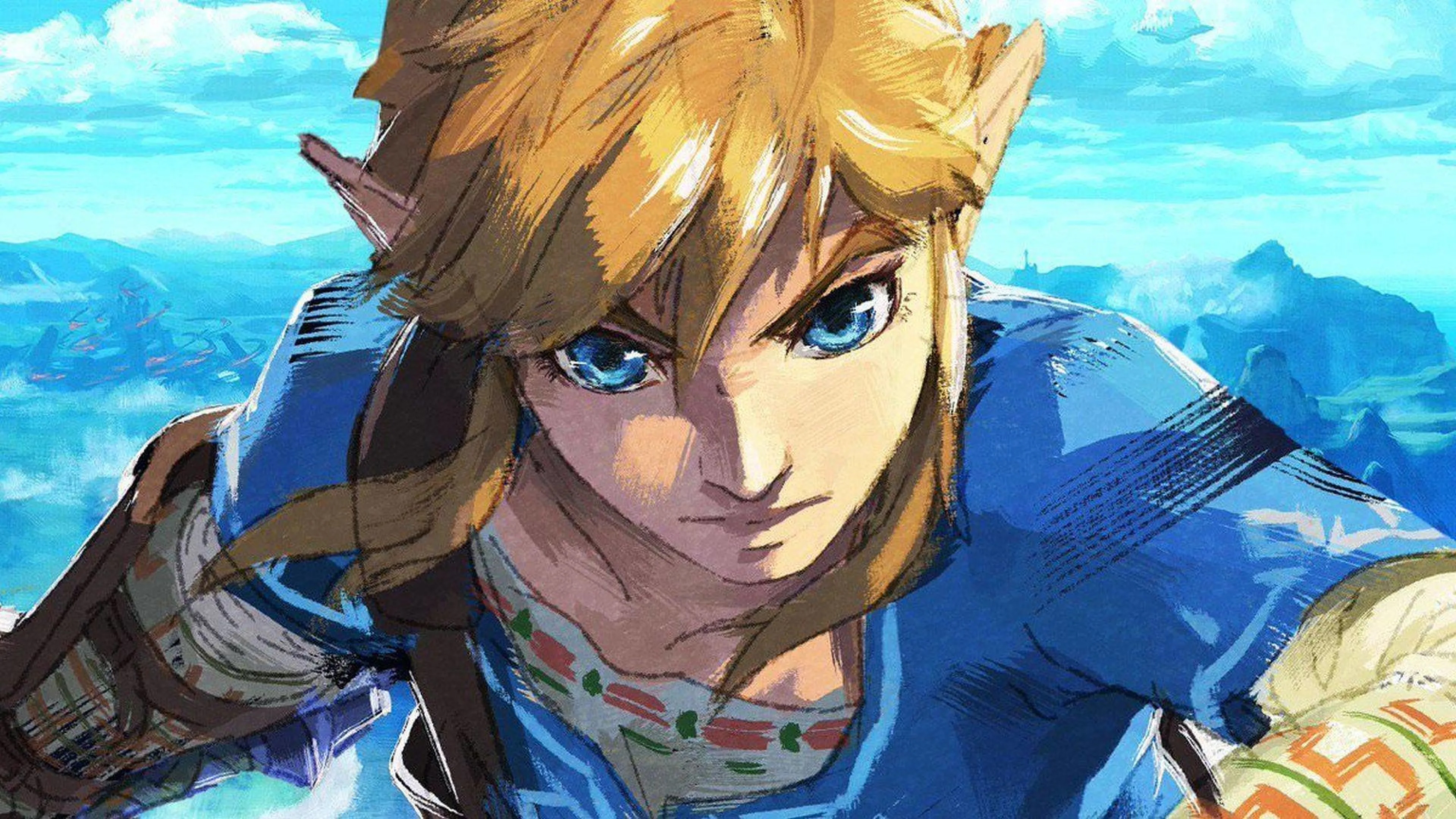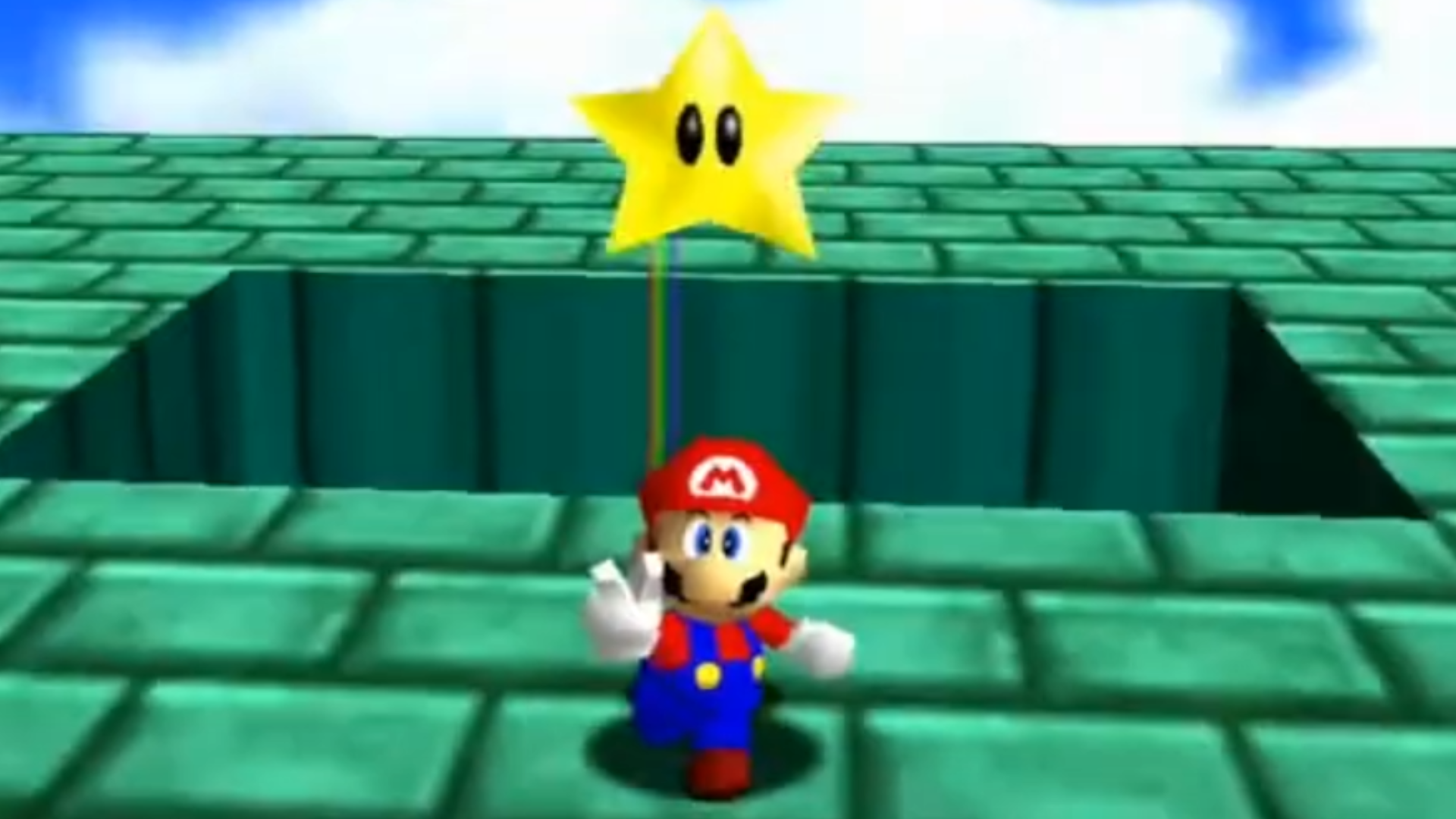Nintendo is shedding its veneer of kindness and embracing a new reputation: Vigorous legal bully
Nintendo is speedrunning the Disney playbook. We all know where that goes.

We're experiencing a golden age of Nintendo…'s legal bloodhounds. Seriously, these days I hear more about Nintendo's latest target of annihilation than Nintendo's latest videogames. That's partly because the console giant's recent output has mostly been a forgettable roster of late-generation call-ups like "a Zelda spinoff" and "more Mario Party", but it's also because Nintendo's public persona has gotten pretty ugly.
Beyond that one month that we were all really into Tears of the Kingdom, the story of Nintendo lately is one of picking fights or (more commonly) threatening to sue its own fans so hard that they don't even dare fight back. The decimation of the Ryujinx emulator and a potentially risky Palworld lawsuit are making headlines everywhere, but taking stock of just the past couple of years revealed a bunch of Nintendo legal actions that I totally forgot about.
Between late 2022 and 2024, Nintendo:
- Went after a PC application that assigns box art to your non-Steam games because it had Nintendo art in its database
- Barraged a YouTuber/modder with copyright strikes and threats until he took down a Breath of the Wild multiplayer mod
- Blocked the release of the Dolphin emulator on Steam by warning Valve it'd come after them next
- Indirectly killed a cool Portal 64 demake in development for genuine N64 hardware: Amazingly, Valve nipped this one in the bud not because of the Portal usage, but because it didn't want to deal with the inevitable Nintendo fallout.
- DMCA'd a Palworld Pokémon mod off the internet as the game was blowing up (months before the patent suit)
- Sued the developers of the Yuzu Switch emulator, killed the project, and settled for millions of dollars before a judge could decide if there is anything illegal about Yuzu
- Killed the Citra 3DS emulator, made by the same Yuzu group, in the fallout
- Nuked 20 years' worth of Nintendo-related Garry's Mod creations from orbit (because why not)
- Formally filed a patent lawsuit against Palworld
- Sicced the dogs on the last Switch emulator standing, Ryujinx
It's worth saying out loud that this is not normal, even for videogame company standards. Hostility toward fan games isn't unique to Nintendo (though it is easily the most hostile), but you don't see Microsoft wiping Xbox emulators off the net, and it’d be pretty weird for EA to go after a software dev because they downloaded some box art. Sega and Sony, two companies with a rich backlog of IP and console hardware, aren't sending cease and desist letters to ISO sites, and they're generally more chill about fan projects, too (though the Sega-owned Atlus loves go after fans almost as much as Nintendo). Earlier this year, the developers of the Bloodborne Kart fan game was able to release its FromSoftware-inspired kart racer after scrubbing it of official Bloodborne branding.

Nintendo's war
In a time when we're used to viewing game companies as adversaries—"[insert company here] isn't your friend" is a common social media refrain—Nintendo's heel turn has been a slower burn. It's been true as long as I've followed games that people just aren't normal about Nintendo. The company has always enjoyed this special, Disney-like reputation as a game maker that puts fun first and breeds creativity. Those qualities have cultivated a fandom fiercer than any other entertainment brand on earth, and insulate the billion-dollar operation from cynicism.
Perhaps it's that Disney-like trajectory fueling Nintendo's latest litigious surge against any and all perceived infringers. After all, Nintendo ain't a game company anymore—with a billion-dollar Mario movie under its belt, a sequel on the docket, theme parks, and a Zelda film on the way, the company's value is increasingly tethered to its icons, and decreasingly associated with brand new characters or worlds. When your game plan revolves around repackaging decades-old stories, everything starts to look like a threat..
Nintendo's situation is unique because nobody hates emulation quite like Nintendo. To the Big N, there is no game preservation debate: emulation leads to piracy, so emulators are as good as pirates. Mario in Garry's Mod is a crime. Fan games are an assault on the IP vault.
The biggest gaming news, reviews and hardware deals
Keep up to date with the most important stories and the best deals, as picked by the PC Gamer team.
Nobody hates emulation quite like Nintendo.
That one particularly sticks in my craw. When a publisher pressures a fan into cease-and-desisting their fan game, you'll sometimes hear that the Nintendos of the world have an obligation to defend their trademark, because if they don't, they'll lose it. That makes sense when you first think about it—if they let just anyone make a game called Pokémon, Nintendo's baby would get genericized like Kleenex or the yo-yo! But when you consider that this worst-case scenario of a publisher losing its intellectual property because it didn't shut down a fan game has never actually happened, it starts to sound less like a legitimate worry and more like a one-size-fits-all excuse.
It's not like Nintendo's legal exploits are gonna trigger a mass fan exodus, but I'd argue we're seeing the effects of its reputation in how people are talking about the Palworld lawsuit: In one corner are Nintendo diehards cheering for the downfall of a too-familiar creature collector, in the other a mix of Palworld players and Nintendo skeptics who see this as just another example of Nintendo overreach—its latest attack on PC gaming. Even if it emerges victorious, Nintendo will come out the other side having chipped another little piece of its "lovable toymaker" mask.
And if Nintendo is going to keep going full Ace Attorney on emulators, drawing larger borders around its precious IP in the process, it shouldn't be tedious-to-impossible to access so much of its precious back catalog legally. With the Wii Virtual Console, 3DS, and Wii U stores gone forever, the only official way to emulate an old Zelda is to buy Nintendo's crappy online subscription and wait for that service to die in a decade, too. The Switch 2 is an opportunity to do better—to put as much focus on how fans can play its games as it's currently putting on how they can't.

Morgan has been writing for PC Gamer since 2018, first as a freelancer and currently as a staff writer. He has also appeared on Polygon, Kotaku, Fanbyte, and PCGamesN. Before freelancing, he spent most of high school and all of college writing at small gaming sites that didn't pay him. He's very happy to have a real job now. Morgan is a beat writer following the latest and greatest shooters and the communities that play them. He also writes general news, reviews, features, the occasional guide, and bad jokes in Slack. Twist his arm, and he'll even write about a boring strategy game. Please don't, though.


